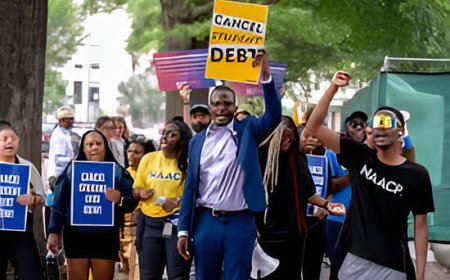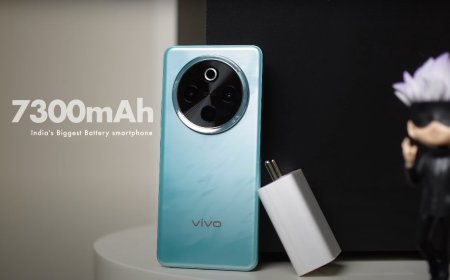Court Fines Mike Lindell's Attorneys $5,000 for AI-Generated Legal Filing With Fabricated Cases
US District Court sanctions MyPillow CEO's legal team for submitting AI-written motion containing nonexistent legal precedents. Judge calls it 'unprecedented negligence

A federal judge has ordered attorneys for MyPillow CEO Mike Lindell to pay $5,000 in sanctions after they filed a court motion that was created using artificial intelligence and contained numerous fabricated legal precedents. This ruling from the Colorado District Court highlights a growing judicial concern over the use of AI in legal work and signals an increasing level of scrutiny from the courts regarding its application.
Unprecedented Negligence in Legal Documentation
Court documents reveal the contested motion contained six fabricated case citations completely invented by artificial intelligence. During the July 7 hearing, Judge Rebecca Blackburn condemned the "failure to perform basic due diligence" after the legal team admitted using AI without verifying outputs. The sanctioned attorneys now face mandatory ethics training alongside financial penalties.
Lindell's Legal Quagmire Deepens
This sanction compounds Lindell's existing legal challenges stemming from his persistent claims about the 2020 election. The controversial motion was filed in Lindell's ongoing $1.6 billion defamation lawsuit against Dominion Voting Systems - itself a countersuit to Lindell's earlier allegations. Legal analysts note this development significantly weakens Lindell's position while exposing him to potential liability for his attorneys' actions.
Broader Implications for Legal Profession
The ruling establishes critical benchmarks for AI use in litigation:
- Mandatory human verification of all AI-generated legal references
- Explicit disclosure requirements when using AI in filings
- Financial liability for practitioners failing to validate outputs
Several state bar associations are now fast-tracking AI usage guidelines. The incident follows similar sanctions in New York and Texas where lawyers faced discipline for submitting ChatGPT-invented cases.
Technology Versus Legal Accountability
Legal experts highlight the tension between efficiency and integrity. While AI can rapidly draft documents, this case demonstrates how over-reliance without oversight risks professional sanctions and case outcomes. The court specifically noted that "technological assistance doesn't absolve counsel of their duty to ensure factual and legal accuracy."
What Comes Next for Lindell?
The sanctions deliver another setback to Lindell's multiple legal battles. Observers note the fine might be the least consequential outcome - the credibility damage to his legal team could affect ongoing proceedings. With Lindell already facing financial pressures from discontinued retail partnerships and legal expenses, this development adds to his mounting challenges.
As courts nationwide grapple with AI's role in litigation, this ruling establishes that "algorithmic assistance" won't shield practitioners from accountability when technology compromises legal integrity.



























